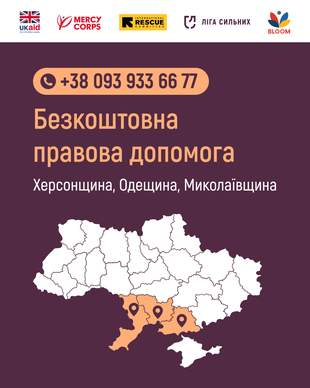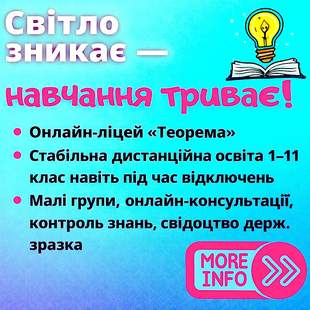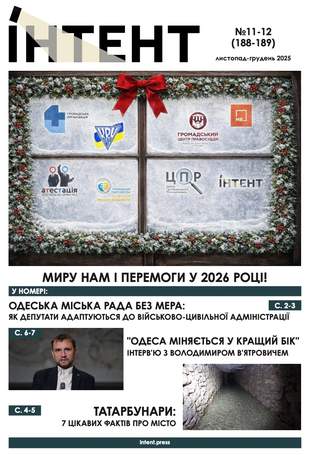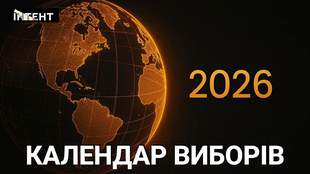Меню
Соціальні мережі
Розділи
Oct. 12, 2024, 9:28 p.m.
State funding in action: how Ukrainian parties manage taxpayers' money
This article also available in English565
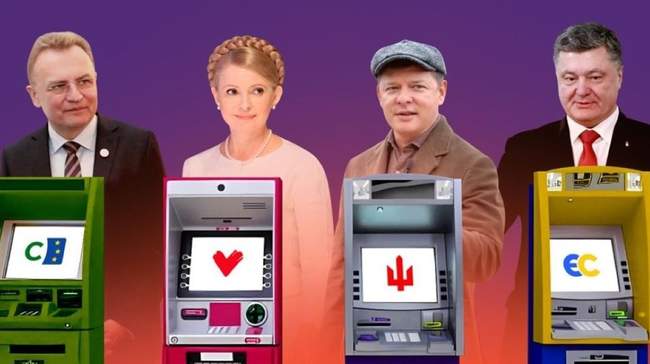
PHOTO: Honestly
Over the two convocations of the Verkhovna Rada, nine political parties have received state funding. An analysis of the expenditures of these parties in the period from 2016 to 2023 revealed differences in approaches to the selection of contractors between the old and new parties represented in the VIII and IX convocations.
This was reported by Chesno.
The "old" parties were more likely to pay companies whose leaders were members of party organizations, assistants to MPs, or had run for office themselves. In contrast, among the "young" parties of the current convocation, much fewer such connections were found. The exception is the Opposition Platform - For Life, which was banned in 2022, so there are no reports for this period.
In the VIII convocation, six parties received state funding: "People's Front, Petro Poroshenko Bloc, Samopomich, Opposition Bloc, Oleh Lyashko's Radical Party, and Batkivshchyna. For example, in 2016-2019, the People's Front paid public funds to 740 companies, at least 42 of which had ties to the party. In particular, some of the leaders of these companies were formerly members of the Front for Change, founded by Arseniy Yatsenyuk.
Samopomich paid more than 550 contractors, and 28 companies that received more than 6 million hryvnias were found to have ties to the party. For example, the company "Staryi Dnipro", whose head was on the party's electoral lists in the local elections.
"Batkivshchyna" paid to companies associated with MPs' assistants, including "MC-Finance" LLC, which received over UAH 8.6 million. At the same time, the Opposition Bloc and Oleh Lyashko 's Radical Party paid to companies whose heads were party candidates or councilors.
As for the European Solidarity (formerly BPP), most of the funds were directed to companies related to Petro Poroshenko and his Ukrprominvest business group. The party spent over UAH 167 million on these companies over seven years.
The new parties of the IX convocation, such as Voice and Servant of the People, were less likely to enter into agreements with party-related companies. For example, the Servant of the People cooperated with companies where party representatives worked, but there were only four such cases. The Voice party had only one relationship with a contractor out of 100 possible.
The overall analysis of expenditures shows that the "old" parties have more connections with contractors due to their longer presence in politics.
In April 2024, analysts of the R&D center YouControl studied the reports of parliamentary parties that received state funding in the amount of over UAH 885 million in 2022 and UAH 753 million in 2023. The experts analyzed the data from the Unified State Register of Political Party Reports of four political forces in 2022-2023 that passed the 5% threshold in the Verkhovna Rada: "Servant of the People, European Solidarity, Fatherland, and GOLOS.
In November 2015, the then President of Ukraine Petro Poroshenko signed a law that provided for the financing of parties' activities from the state budget. It was about activities unrelated to the participation of political forces in elections and partial reimbursement of party expenses for election campaigning in the parliamentary elections.
And in January 2020, President of Ukraine Volodymyr Zelenskyy signed the law "On Amendments to Certain Laws of Ukraine on Preventing and Combating Political Corruption" adopted by the Verkhovna Rada on December 19, 2019, which simplified the procedure for submitting financial statements of political parties under the Law on Political Parties, replacing the paper form of financial statements with an electronic one.
